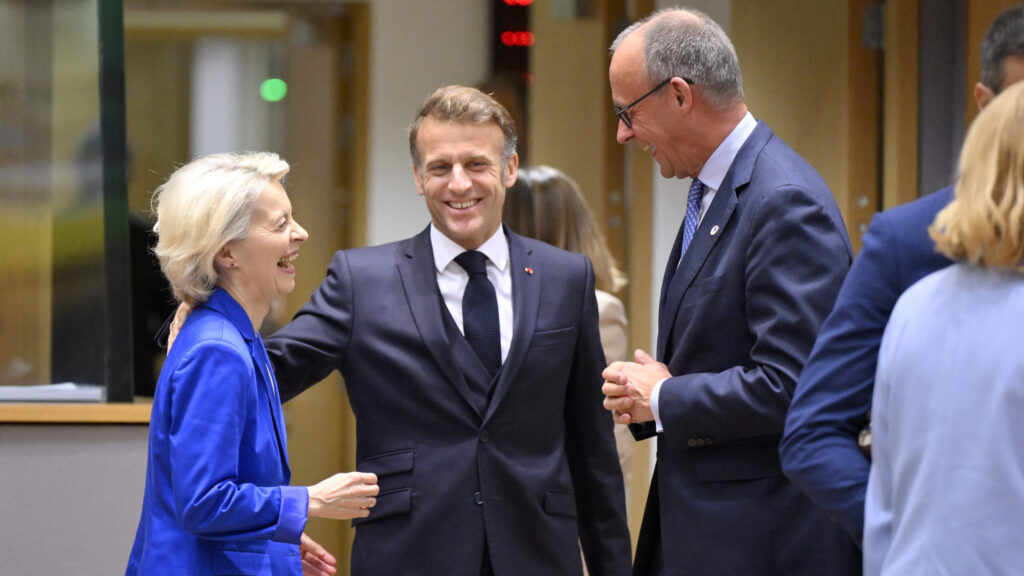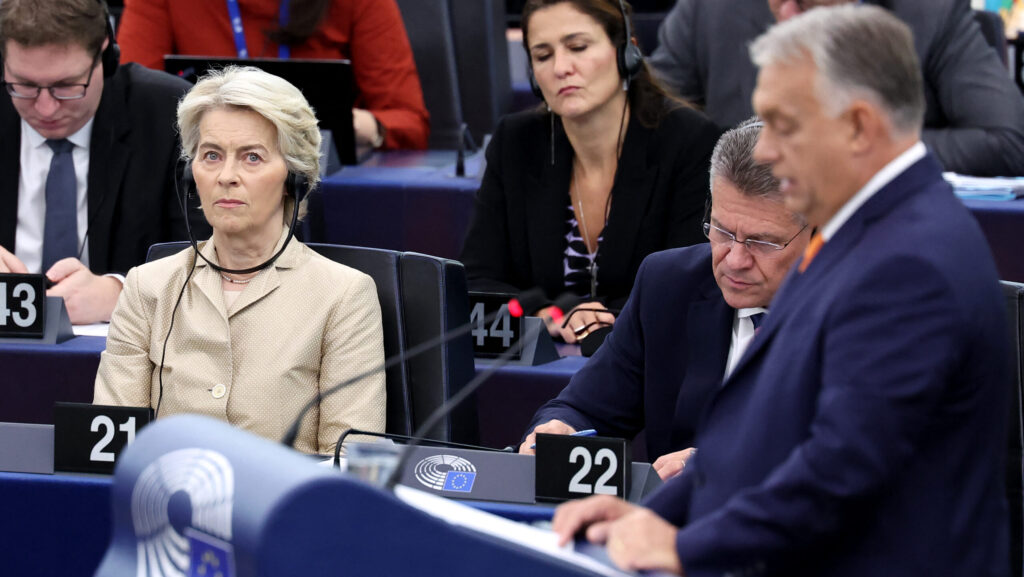The American political scientist and international relations scholar Francis Fukuyama has been often ridiculed for his work on the ’end of history’. Very few social scientists and intellectuals claim to agree with the notion that history has come to an end with the spread of liberal democracy. While the invasion of Ukraine a year ago was used as an opportunity by many intellectuals to highlight how wrong Fukuyama was, the behaviour of the same Western intellectual elites since the Russian aggression seems to demonstrate that while consciously, the intellectual elites claim to disagree with Fukuyama’s thesis, their actions testify to the opposite: their subconscious belief remains that history can indeed end.
If one genuinely rejects the idea that no further, meaningful events are ahead of humanity, it means acknowledging that
history is mostly about addressing symptoms and not the root of problems.
If the root cause of historic problems could be solved, issues that have ed to war once would not resurface again and again as casus bellis. However, as history teaches us, countries do go to war again and again over the same grievances, for control over the same territories, and so forth. In as little as 75 years, Alsace-Lorraine, for instance, was at the centre of four major wars, fuelling major resentment within France and Germany against each other for decades. It was not until the establishment of the European Union when the centuries old rivalry was addressed, and the European Parliament was placed into the region as a sign of reconciliation. In other words, four peace treaties and the efforts of four cohorts of skilled diplomats were seemingly wasted on dealing with the symptoms of the rivalry between France and Germany, without the ability to truly resolve the core of the problem until most recently.
The Israeli-Palestinian conflict tells a much similar story. Since the establishment of the Jewish state 75 years ago, an enormous amount of time and effort has been dedicated to solving the conflict between the two sides, yet most agreements and treaties merely succeeded in scratching the surface of the problem.
These two examples and countless others demonstrate that
history is a process of trial and error,
where most events address the symptoms of rivalry (war and conflict) and only rarely and exceptionally do they deal with the roots of problems. Those who view history as something that is progressing towards an end might view all the efforts to address the symptoms of problems in, for example, Israel, as a futile struggle—and value only those achievements that actually put an end to to a rivalry or conflict for good.
Considering the above it becomes clear that those who insist on ending the war in Ukraine only when and if Kyiv gets a set of security guarantees that make sure that an invasion never happens again also follow an ‘end of history’ logic. Demanding security guarantees for Ukraine today suggests a line of thinking that values efforts only when they ‘end’ history, ‘solving’ the security problem of Ukraine for good.
I dispute, however, that viewing only those efforts that end conflicts for good as valuable is correct. Rejecting the notion that ‘history can end’ means acknowledging that history is a trial-and-error process with no certain or achievable end, and in an endless history of wars,
any peace deal—no matter how short it may last—is a valuable achievement that saves human lives.
The position of Hungarian policymakers can be better understood applying this point of view. Hungarian policymakers not only consciously reject the idea that history did not and cannot end, but also do not pretend that the final chapter of Ukraine’s or Europe’s war-torn history can be ‘closed’ once and for all. Hungary’s leaders obviously view events in a continuum of time, where conflicts never disappear entirely, but the harmful effects of currently ongoing rivalries of power can be mitigated.
Acknowledging the value of addressing only the surface or symptoms of problems while also understanding that sometimes it is beyond the capabilities of today to address the root of the problem also have to do with calculations of certainty and uncertainty. It is certain that the negative symptoms of military conflicts can be mitigated now, while it is highly uncertain that any action taken today can actually ensure that the conflict will never (at any point in the far future) renew. The unwillingness to sacrifice the certainty of today for a hypothetical tomorrow is another principle of Hungarian foreign policy.
A ceasefire today in Ukraine, which Hungary advocates for, certainly reduces human casualties, while a set of hypothetically achievable security guarantees for Kyiv in the hypothetical future (an unforeseeable point in time until which the war and human suffering continue),
can only hypothetically reduce or eliminate any number of Ukrainian casualties in case of a hypothetical future invasion.
The way I see it, when Hungarian policymakers highlight that they want peace as fast as possible, they do not do it because they are not concerned about the future of Ukraine. They do it because they value the certainty of the lives saved today, over the hypothetically rescuable number of people in the future.
Overall, the two principles of acting as if history can never end (principle 1. in history, most problems are not solved, only the symptoms are addressed, principle 2. valuing present certainty over future hypotheticals) also fit the Hungarian policymakers’ conservative mindset. Conservatism is very much about viewing the present in the context of time, acknowledging that problems that accumulated over the years might not be solvable instantly, only with time. Furthermore, instead of valuing a hypothetical future paradise, conservatism values what we have and what is certainly attainable. Conservatism rejects the idea that a perfect future can be designed from the present, while upholds that the concrete issues of today can be discussed and their negative effects mitigated. In other words, conservatism is not afraid of acknowledging that not all problems can be solved here and now. What today’s generation is unable to achieve, future generations might. Secondly, and equally importantly, conservatism accepts that a perfect future cannot be designed and therefore, any immediate relief of human suffering is better than sacrificing people for a future that might never realise itself.
However, detaching these two principles from each other might do more harm than good.
If the first principle is applied on its own, it may give a cheap excuse for not wanting to address the root causes of problems, but being satisfied with halfway solutions. The second principle, however, reminds of the constant need to use the certainty of today to improve the world, as opportunities for betterment in the future are uncertain. Thereby, only the two principles together can ensure a harmonious slow progress towards better times. Hungarian policy makers appear to recognise the importance of applying both principles simultaneously, basing Hungary’s foreign policy on the rejection of the ‘end of history’ fallacy—unlike some Western intellectuals who believe that only those efforts are valuable that solve conflicts for good, and the loss of human lives is justifiable until that hypothetical point in time when the Ukraine box is ticked as solved on the long list of problems this world faces.







